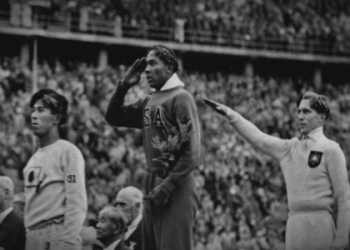Alright, so yesterday I was messing around trying to see if I could predict the outcome of the Red Sox vs. Phillies game. Just a little side project, you know, for fun.

First thing I did was grab some data. I went searching for stats on both teams. Found some sites with historical data on their performance, player stats, recent game outcomes, the whole shebang. Spent a good hour just copying and pasting into a spreadsheet. Man, data entry is a pain.
Then I started cleaning up the data. There was a lot of junk in there – missing values, weird formatting, stuff like that. I used some simple spreadsheet formulas to fix the dates, calculate averages, and get rid of the garbage. Felt like being a digital janitor for a while, haha.
Next up was figuring out what factors to focus on. I figured things like batting averages, earned run averages (ERA) for the pitchers, and win-loss records were a good starting point. I also wanted to factor in recent performance, like how they’d been doing in the last 10 games. I also looked at head-to-head records to see if one team historically does better against the other. It’s crucial to look into those things.
I didn’t want to get too crazy with fancy machine learning or anything, so I just used a weighted scoring system. I assigned weights to each factor based on how important I thought they were. For example, I gave a higher weight to the pitcher’s ERA than to something like stolen bases. It was mostly based on gut feeling and common sense, to be honest.
Then I calculated the scores for each team. Basically, I multiplied each factor by its weight and then added them all up to get a total score. Higher score meant I thought that team was more likely to win.
The results? My system predicted the Red Sox would win, but only by a small margin. The scores were pretty close. I mean, it wasn’t a super scientific method, but it was a fun little exercise. I ended up watching the game with some friends, and we had a good laugh regardless.
Lessons Learned: Data cleaning is way more time-consuming than I thought. Also, even with all the data in the world, predicting sports is tough! There’s always an element of luck involved.
- Data Sources: Find reliable sources for team and player stats.
- Data Cleaning: Be prepared to spend time cleaning and formatting your data.
- Factor Selection: Think carefully about which factors are most important.
- Weighting: Experiment with different weights to see how they affect your predictions.
Would I do it again? Probably. It’s a cool way to learn more about baseball and mess around with data. Plus, it gives me something to talk about during the game besides just complaining about the umpire’s calls!


















